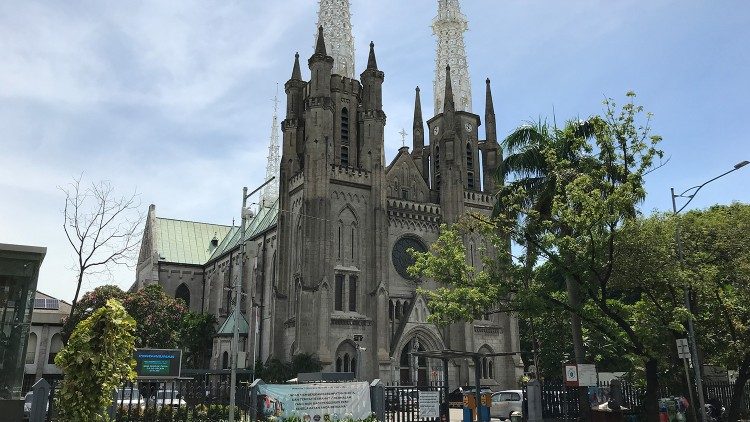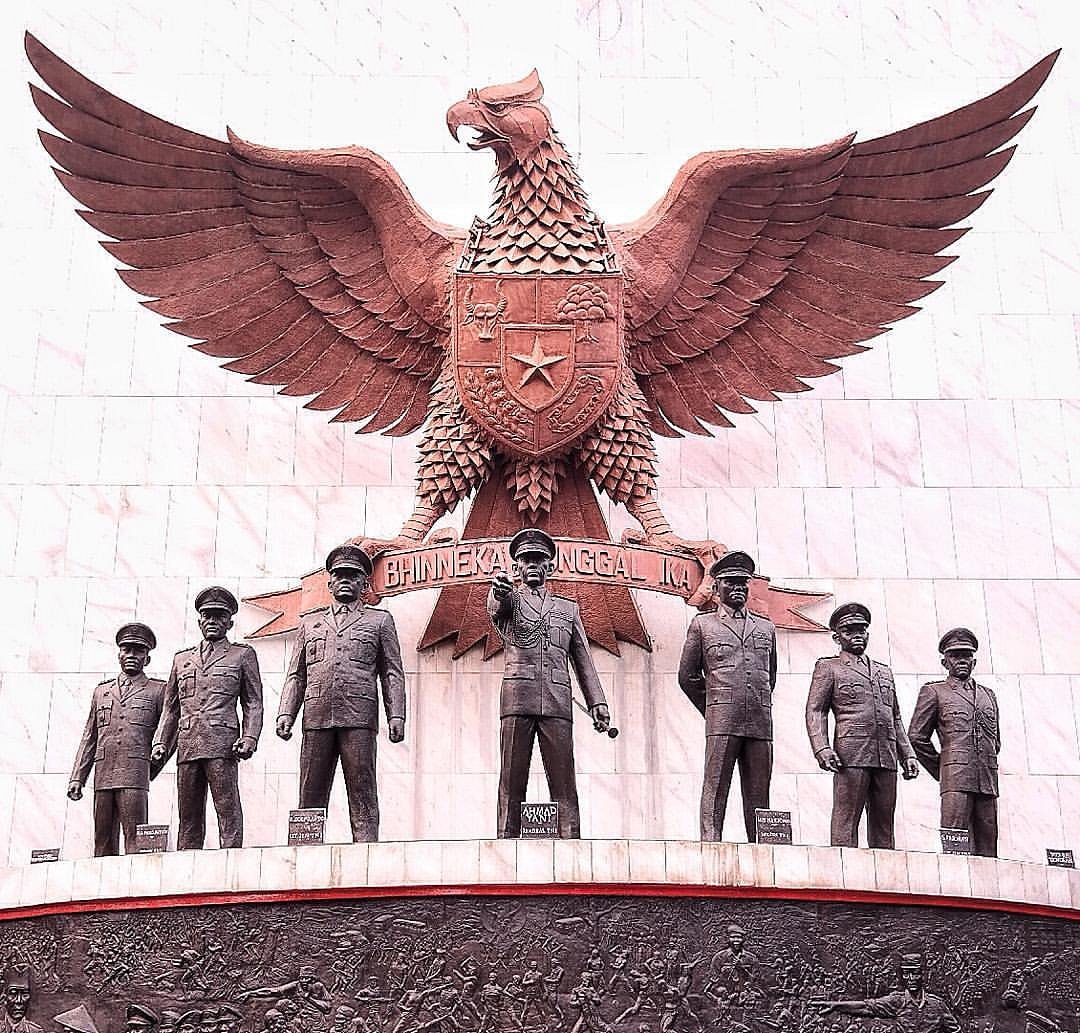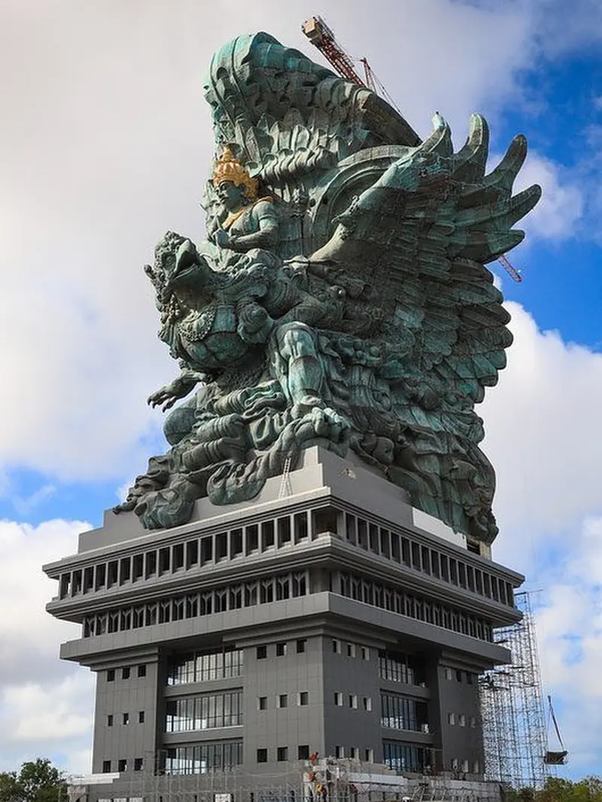Take IX: Understanding Religion's Role in Indonesia
A Vital Part of Daily Life and Governance
Indonesia, with its incredible diversity, is a country where religion plays a pivotal role in everyday life and governance. With more than 270 million people spread across thousands of islands, the nation is a vibrant mosaic of cultures and beliefs. In this blog post, we'll explore how religion shapes the lives of Indonesians, its historical roots in the government, and how it affects everything from daily routines to national policies. Imagine walking down a street in Indonesia and hearing the call to prayer from a mosque, the bells of a church, or seeing colorful offerings at a Hindu temple. Indonesia is predominantly Muslim, but it also has significant communities of Christians, Hindus, Buddhists, and Confucianists. This diversity is not just a backdrop; it's a dynamic part of life that influences social norms, cultural practices, and even public holidays.
Imagine walking down a street in Indonesia and hearing the call to prayer from a mosque, the bells of a church, or seeing colorful offerings at a Hindu temple. Indonesia is predominantly Muslim, but it also has significant communities of Christians, Hindus, Buddhists, and Confucianists. This diversity is not just a backdrop; it's a dynamic part of life that influences social norms, cultural practices, and even public holidays.Indonesia's government recognizes the importance of religion through its foundational philosophy, known as Pancasila. Introduced by the nation's founding father, Sukarno, Pancasila serves as the guiding principle for the country's governance and social structure. The first principle of Pancasila is "Ketuhanan Yang Maha Esa" or "Belief in One God." This principle reflects Indonesia's commitment to religious tolerance and harmony by ensuring that all recognized religions are respected and have a place in society. Rather than promoting a specific religion, this principle underscores the importance of faith in public life, while upholding the nation's diverse religious landscape.
 The story of how religion became integral to Indonesian governance is tied to its history. When Indonesia gained independence, its leaders faced the challenge of uniting a country with a rich tapestry of cultures and beliefs. The adoption of Pancasila was a brilliant solution, providing a common ground that respected religious diversity while promoting national unity.
The story of how religion became integral to Indonesian governance is tied to its history. When Indonesia gained independence, its leaders faced the challenge of uniting a country with a rich tapestry of cultures and beliefs. The adoption of Pancasila was a brilliant solution, providing a common ground that respected religious diversity while promoting national unity. Islam has had a particularly significant influence, arriving in Indonesia centuries ago and becoming deeply woven into the country's cultural and social fabric. Today, Islam influences various aspects of life, from the laws governing marriage and inheritance to daily practices and social norms.
Islam has had a particularly significant influence, arriving in Indonesia centuries ago and becoming deeply woven into the country's cultural and social fabric. Today, Islam influences various aspects of life, from the laws governing marriage and inheritance to daily practices and social norms.For many Indonesians, religion is a part of daily life. During Ramadan, for instance, you'll notice a change in the rhythm of the day. People fast from sunrise to sunset, and the evenings are filled with communal meals and prayers. Businesses may adjust their hours, and there's a palpable sense of community and reflection.
In schools, religious education is part of the curriculum. Students learn about their own faiths, which helps instill moral values and a sense of identity. This education extends beyond mere knowledge; it's about fostering a deep understanding and respect for religious teachings.
 Religion also plays a role in politics. During election seasons, it's common to see candidates engaging with religious communities, addressing issues that resonate with believers. This connection can influence political debates and policy decisions, reflecting the values and concerns of the electorate.
Religion also plays a role in politics. During election seasons, it's common to see candidates engaging with religious communities, addressing issues that resonate with believers. This connection can influence political debates and policy decisions, reflecting the values and concerns of the electorate.While Indonesia is a model of religious tolerance, it's not without its challenges. Issues like religious discrimination or the influence of conservative movements can create tensions. However, the government and civil society organizations actively promote interfaith dialogue and understanding, working to ensure that Indonesia's diverse society remains harmonious.
Understanding the role of religion in Indonesia is key to understanding the country itself. It's not just about rituals and traditions; it's about how these beliefs shape laws, influence policies, and affect the daily lives of millions of people. Whether you're visiting Indonesia or just learning about it, recognizing this interplay of faith and governance offers a deeper appreciation of the nation's rich and complex identity.
In Indonesia, religion isn't just a part of life—it's a living, breathing aspect of the nation's culture and governance. By exploring this aspect, we can better appreciate the unique ways in which Indonesians live, work, and celebrate their diverse beliefs every day.